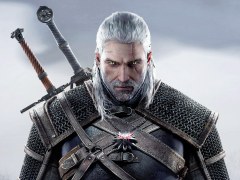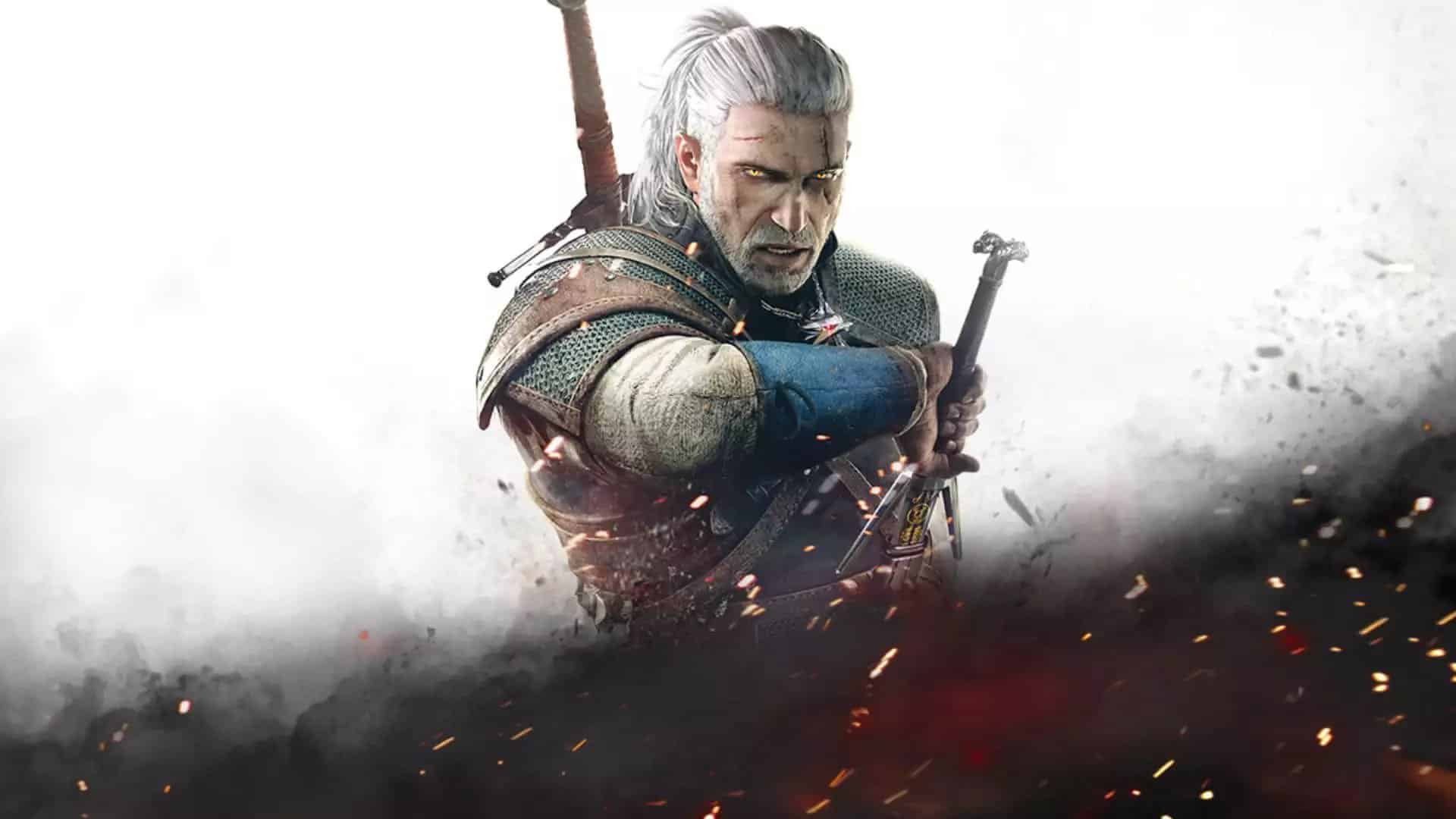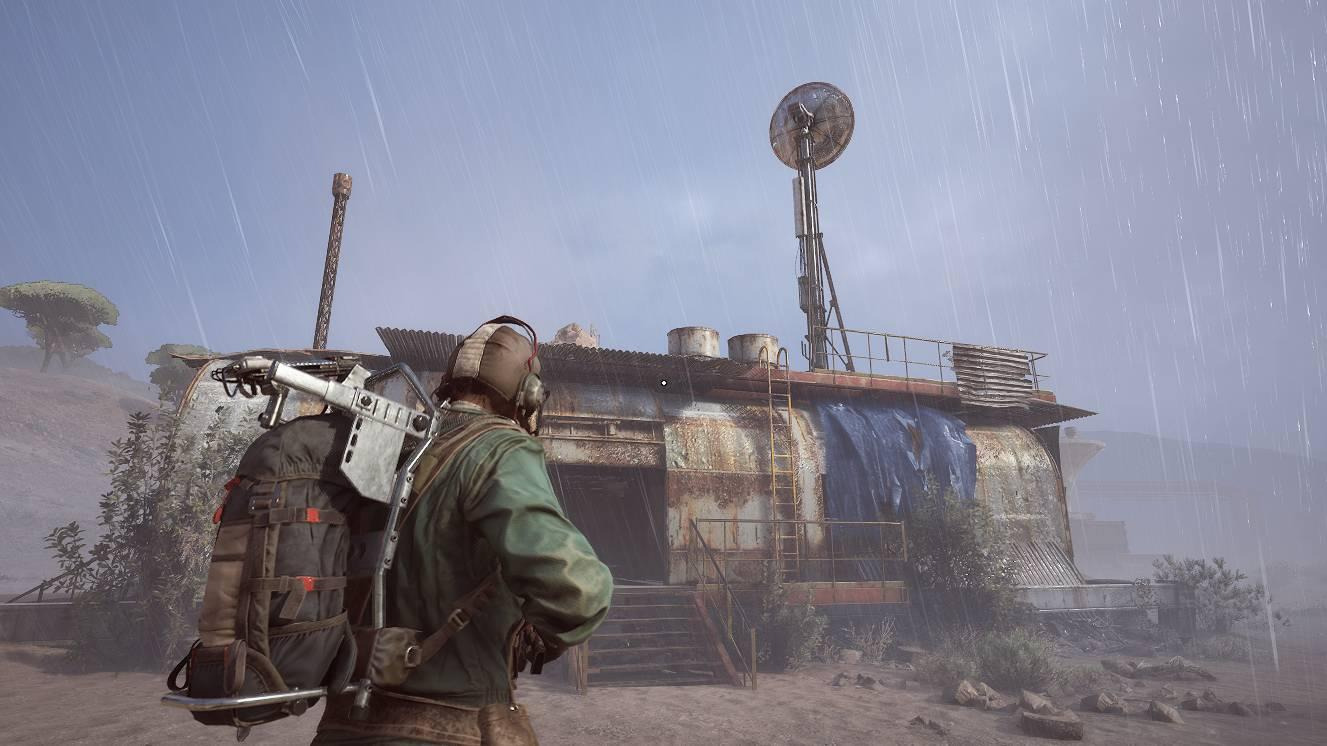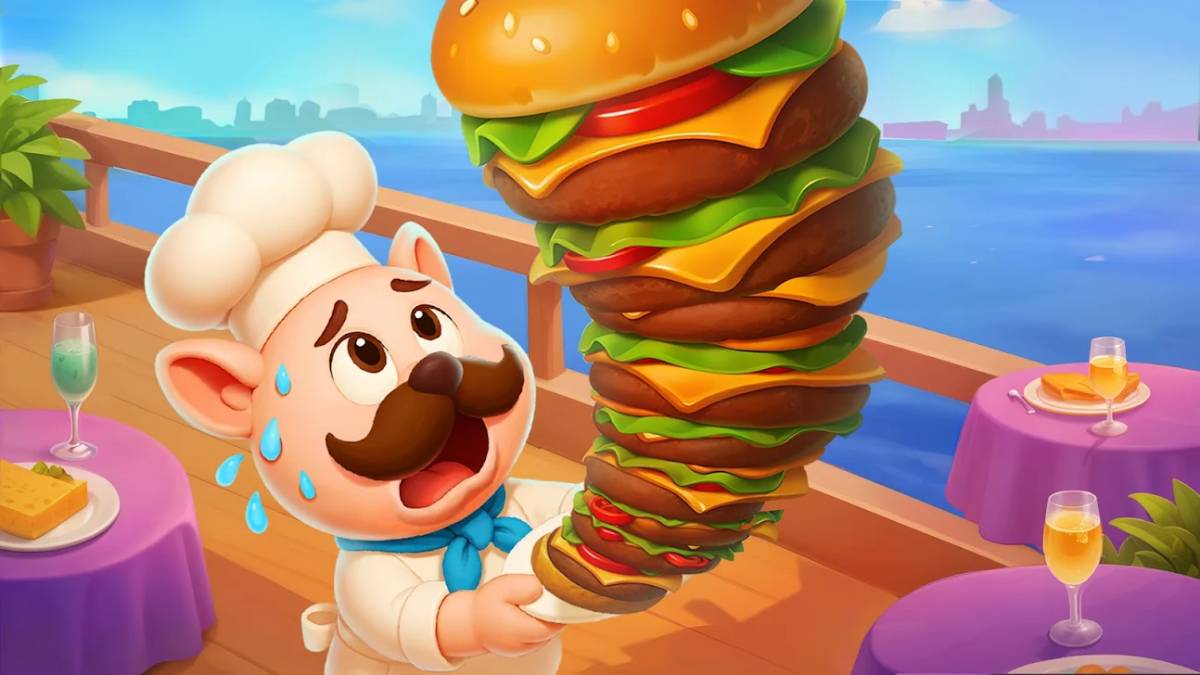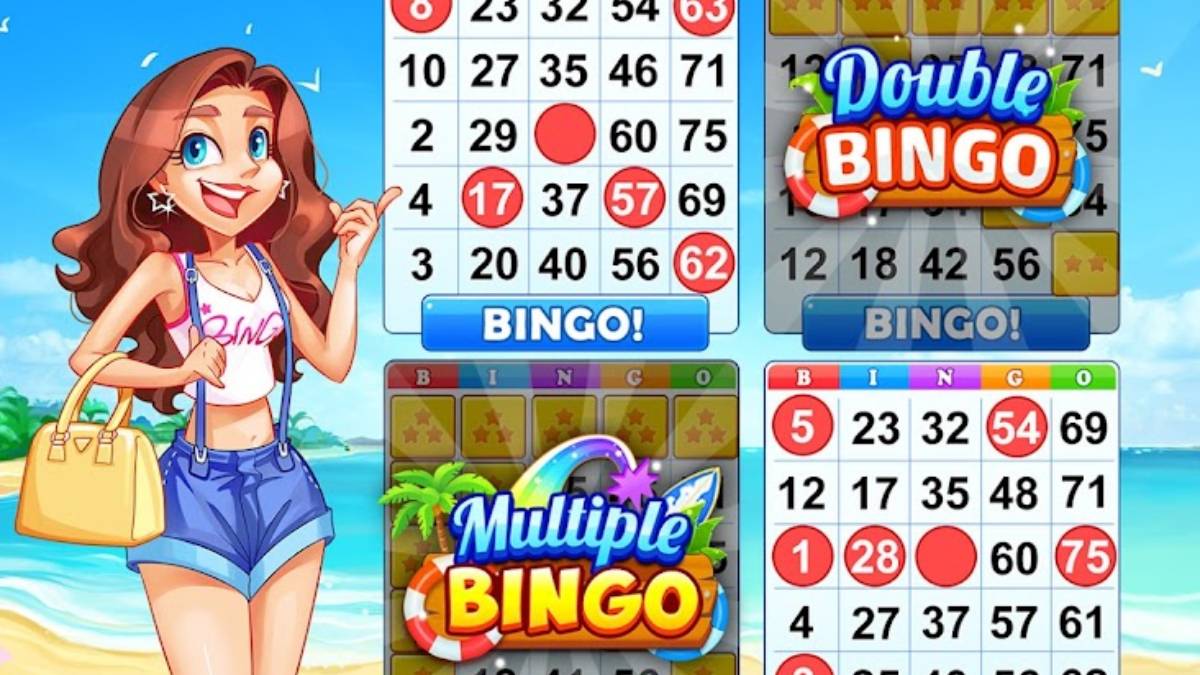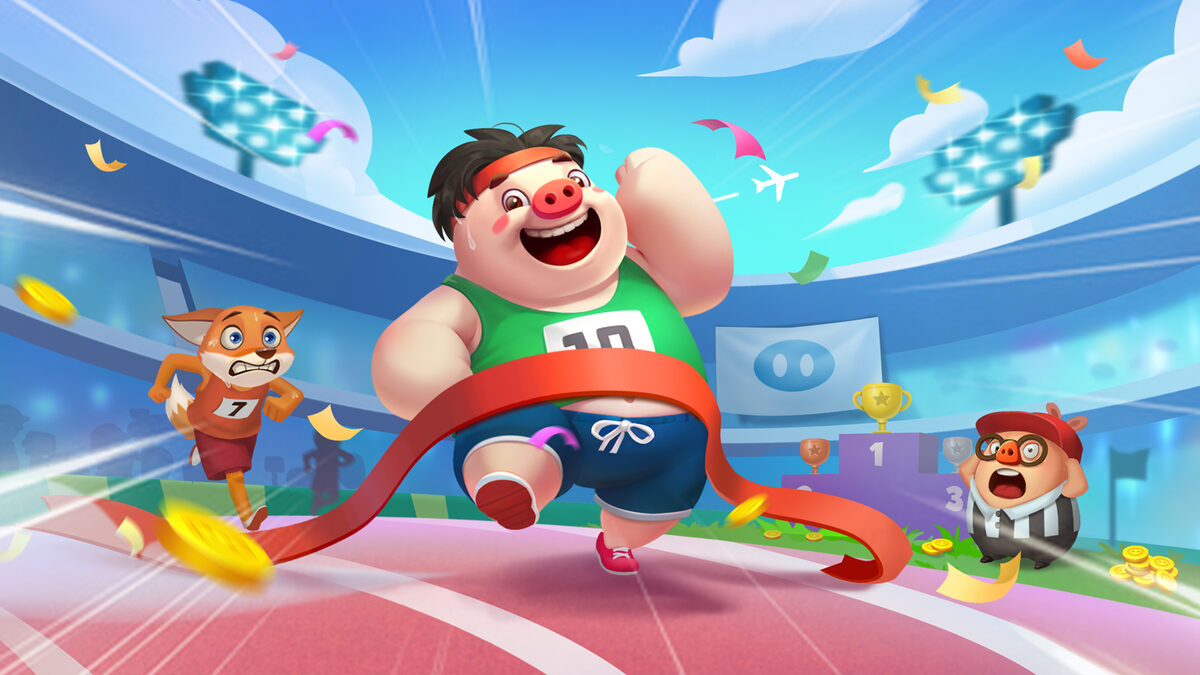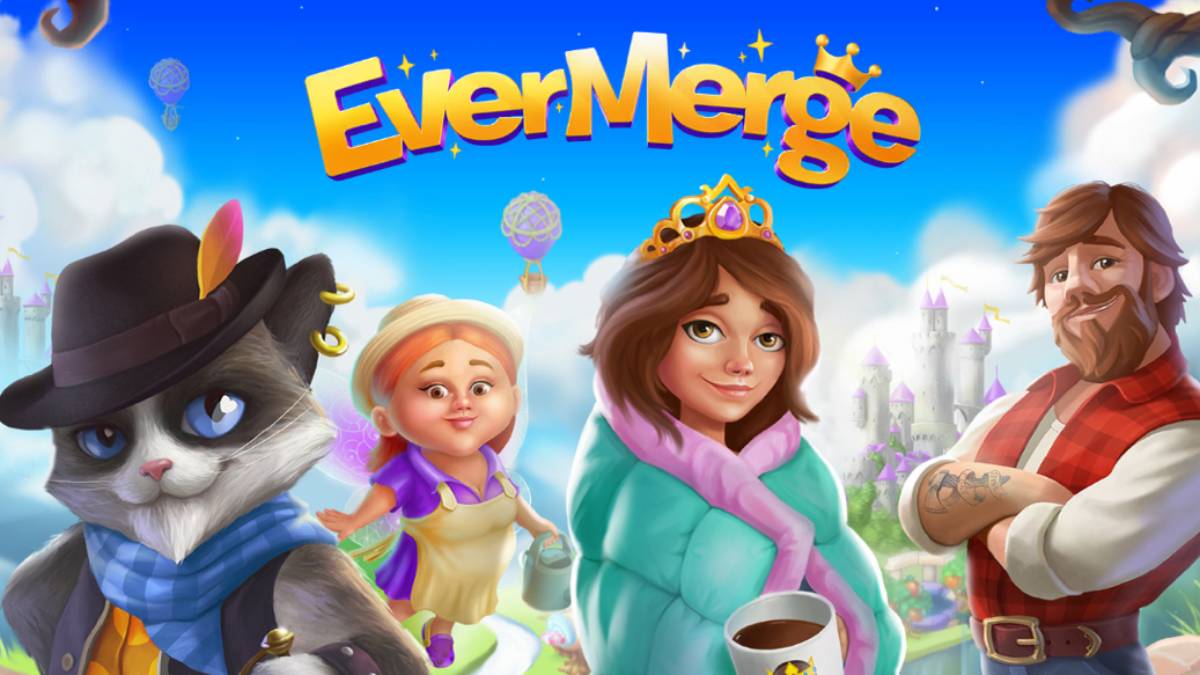You can trust VideoGamer. Our team of gaming experts spend hours testing and reviewing the latest games, to ensure you're reading the most comprehensive guide possible. Rest assured, all imagery and advice is unique and original. Check out how we test and review games here
What is Gwent?
Gwent is a collectible card game in The Witcher 3. Cards can be bought from merchants found around the different locations, whom you can also play for coin. You can also play against blacksmiths and other NPCs.
Some cards are only usable in certain decks, while neutral cards can be placed in each of the four deck types. A player must have at least 22 unit cards in their deck in order to play, and a maximum of 10 special cards. Special cards are shown by their gold and black number in the top right corner of the card. At the start of the game, Geralt will have enough cards in the Northern Realms deck.
What are the decks?
There are four decks in Gwent, these are:
Northern Realms
Nilfgaardian Empire
Monsters
Scoia’tael
Each deck has its own unique leader card which will have its own action.
How do I win in Gwent?
The way to win in Gwent is by having cards on the board that have a higher score than your opponent at the end of a round, the winner of a match is the person who wins two out of three rounds.
You only have a certain amount of cards to play per game, so learning to pace yourself and keep enough cards to potentially play all three rounds is important. Take a look below at our list of quick tips to help you succeed:
Weather cards can win a match
Weather cards play a huge role in who wins a round of Gwent. If your opponent predominantly has archers in their deck, then Impenetrable Fog is an excellent card to hold and play once your opponent has laid many cards on the table. But remember, weather cards affect both players.
Play low-scoring cards early
Whether you go first or second, the aim is to stay just ahead of your opponent in order to force them to play another card. Playing a six or 7 attack card immediately doesn’t serve to much benefit, as it commits you to one lane and you run the risk of having a weather card played late on, negating your early advantage.
Look for the handshake symbol on matching cards
If you have identical cards in your deck which have a handshake symbol, playing both on the field in the same round will double their attack value. This can prove to be a massive boost to your team, but only works if you successfully land both cards in your hand. The cards usually have low attack values on their own, so if you only get one, discard it before the game starts.
Play Decoys on Spy cards
Opponents with a lot of spy cards can be really tricky to play with, as you can be forced to use almost all of your cards early on and your opponent will still have over ten cards left. But, Decoy cards allow you to take a card from your field and place it in your deck, meaning those enemy spies which allow your foe to draw two cards can very quickly become yours, evening the odds.
Always tweak your deck setup
Every time you visit a merchant and buy some new cards (I’d recommend buying every card they have, every time you visit a new area, as it can be very tricky to backtrack in such a massive open world), be sure to head into your decks and see if you can improve them with your new buys. Sadly there isn’t an option to have the game create the best deck for you, so you’re going to have to do the legwork yourself.
You can replay opponents over and over again
Practice makes perfect, and playing the same opponents over and again helps uncover strategies and different approaches to Gwent games early on. Learning an opponent’s deck and how they choose to deploy it will help you when taking on new players later in the game.
Don’t use all your cards in the first round
Pretty obvious, but going all-out to win the first round can mean the match is already lost as you have nothing left to seal the victory. Always leave something in reserve to win both rounds. If that means passing your turn and taking an early loss, so be it.
Don’t overload your deck
You only need a minimum of 22 cards in your deck, of which Geralt draws ten. Having any more than that only lowers the likelihood of you drawing your best cards. Try and maintain only your 22 very best cards in the deck, giving you a better chance of being dealt a great hand in the game.
The Witcher 3: Wild Hunt
- Platform(s): Nintendo Switch, PC, PlayStation 4, PlayStation 5, Xbox One, Xbox Series S/X
- Genre(s): Action, Action RPG, Adventure, RPG
